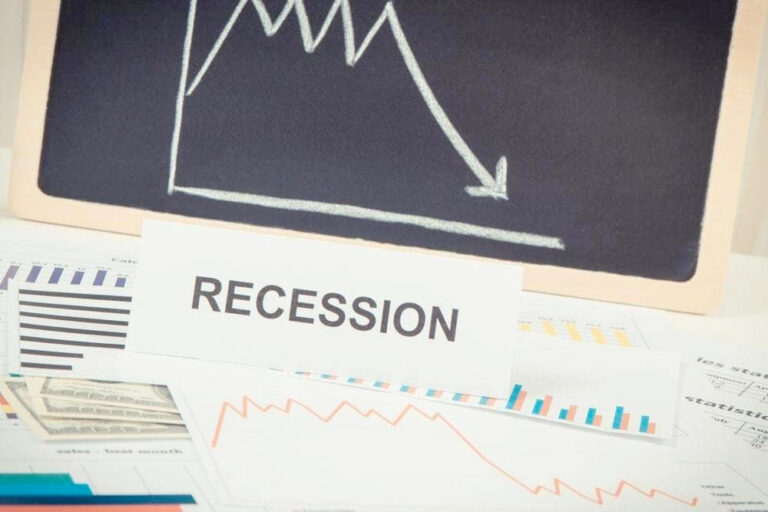
The U.S. job market is facing alarming signs of a slowdown, with top economists warning of what they call a ‘jobs recession.’ The latest employment data reveals a troubling gap, with only 22,000 jobs added in August 2025, dramatically below the anticipated 76,500. This downturn, combined with a rising unemployment rate now at 4.3%, casts doubts over the stability of the labor market.
Economists Weigh In on the Jobs Recession
Among the experts sharing their perspectives, Mark Zandi from Moody’s Analytics highlighted the ominous trends in payroll employment. According to Zandi, job gains in recent months are likely to be revised downward, further emphasizing potential losses in key sectors such as manufacturing, mining, and construction. While industries like healthcare and hospitality have offered some relief, they cannot offset the broader decline.
David Rosenberg of Rosenberg Research added that the Bureau of Labor Statistics’ Birth-Death model—an adjustment method often used to estimate changes in job creation—painted an overly optimistic picture. Excluding these adjustments, payrolls would have shown a 74,000 job reduction in August alone. This marks four consecutive months of decline, a pattern reminiscent of sluggish periods following significant recessions.
Comparisons to Past Economic Downturns
Notably, Peter Schiff of Euro Pacific Asset Management delivered an even grimmer assessment, stating that current unemployment measures may downplay the real impact. Broader indicators place joblessness at 8.1%, or even above 10% under stricter criteria. Schiff drew comparisons between today’s labor market struggles and major crises like the 2008 financial meltdown and the pandemic-induced downturn in 2020.
What This Means for the Economy
The implications of a jobs recession extend well beyond the labor market. Economists are advising businesses and individuals alike to brace for what could be increased economic uncertainty. As job creation slows, consumer spending—one of the pillars of economic growth—may also weaken.
How to Stay Financially Resilient During Tough Times
Considering these trends, now might be an excellent time to evaluate personal and business finances. Smart investment strategies, such as diversifying income streams or leveraging emerging platforms, can help mitigate risks. For example, platforms like eToro allow individuals to invest in a variety of assets, including stocks, cryptocurrencies, and commodities, offering flexibility in uncertain times.
While the next few months remain critical, staying informed and prepared can help both individuals and organizations weather these challenging economic conditions.






